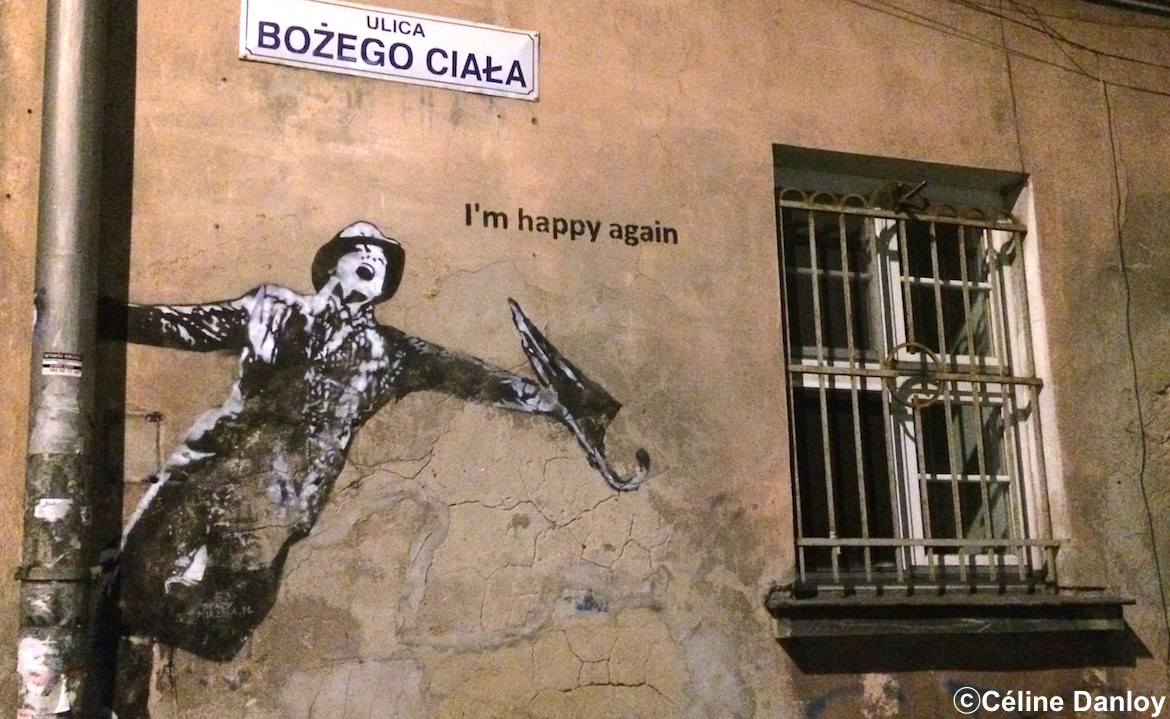Contemporary Ways of Life

Displacement [L’errance] is not only that which can be seen on the streets, in the metro and on the benches of stations. It is also produced, in the face of a multiplication of modalities of jouissance, by the effacement of place-marks [ repères]; where discernment between desire, want and jouissance becomes impossible.
An appeal to the norm, which functions as an attempt at beaconing, accompanies this movement. The resultant classifications, whether they are categories of symptoms or a reapportioning of modes of jouissance, contribute in leading the subject a little further astray. One can hear remove him from himself.
The subject’s subscription to classifications as benchmarking, coupled with an imperative to enjoy, is the motor force of applications such as Grinder and Planetromeo, to which Christophe Dubois’ text offers an introduction.
Fabian Fajnwaks describes the American movement which advocates manliness and by the same token contributes to this appeal to the norm, or even an appeal to a master. In effect, the recent election of Donald Trump is a symbol of this.
It is the effects of the inscription of advances in biotechnology into the discourse of the field of parenthood, which are interrogated by Françoise Stark Mornington in relation to the modification of modes of relating to the child: henceforth an object “bearing a promise of jouissance”.
Opposing this push to normalisation, this slippery slope of “fixing each one to his S1” and beginning from that which makes a discorps[[1]] in sexual identity, Marie Claude Sureau emphasises that which is at stake here in the psychoanalytic position. It is a position which draws on the singularity of each subject and one which supports the emergence of “unpublished responses”. This is what resonates in the film Manchester by the Sea to which Pascale Simonet refers.
This My Way thus offers a broad brushstroke with respect to contemporary Ways of life, where the appeal to the norm is one of the names of displacement.
Translated by Raphael Montague
: [TN] “discorps”: portmanteau of discordance and corps. One might say dis-corps-dance.


